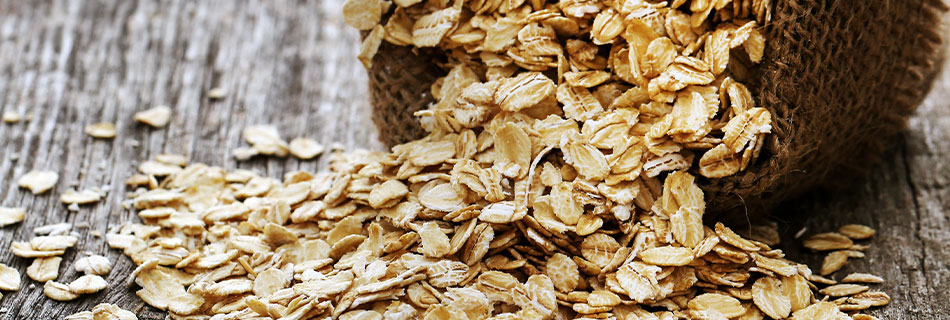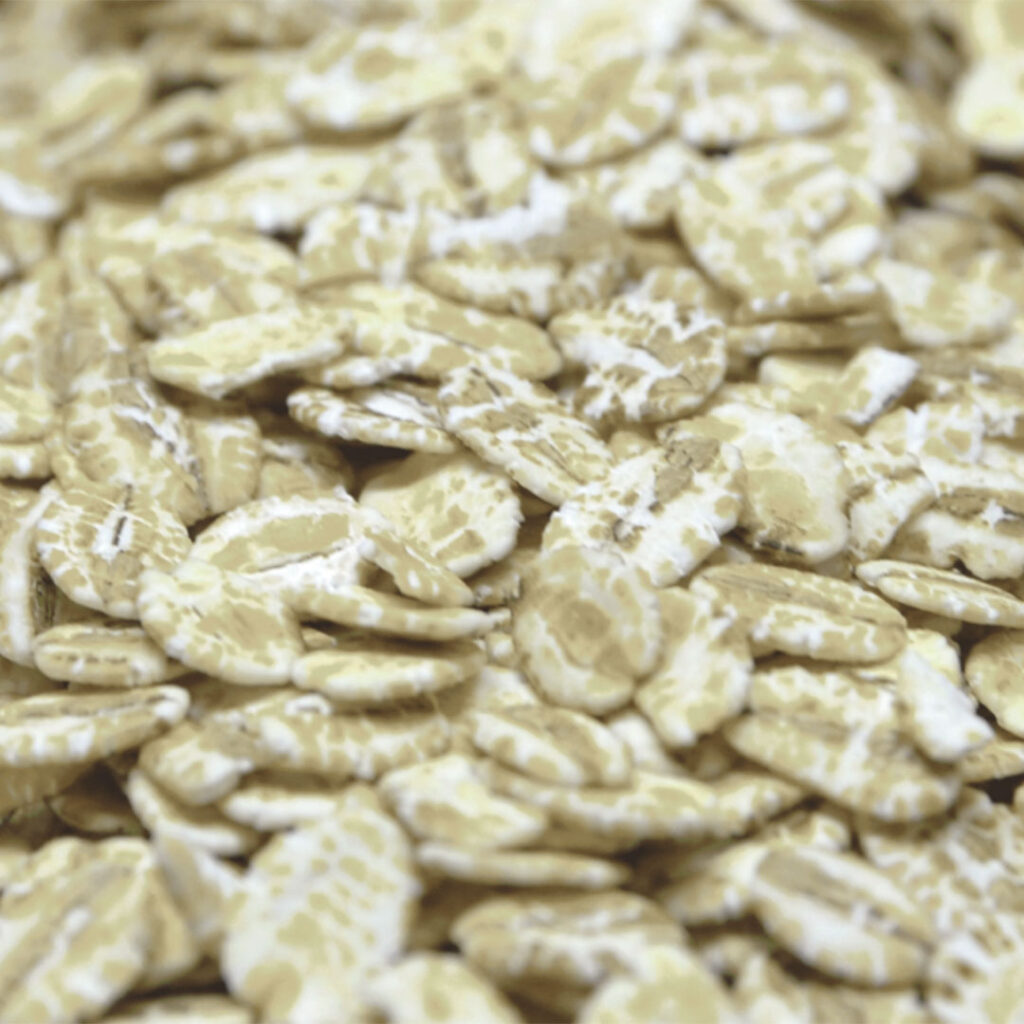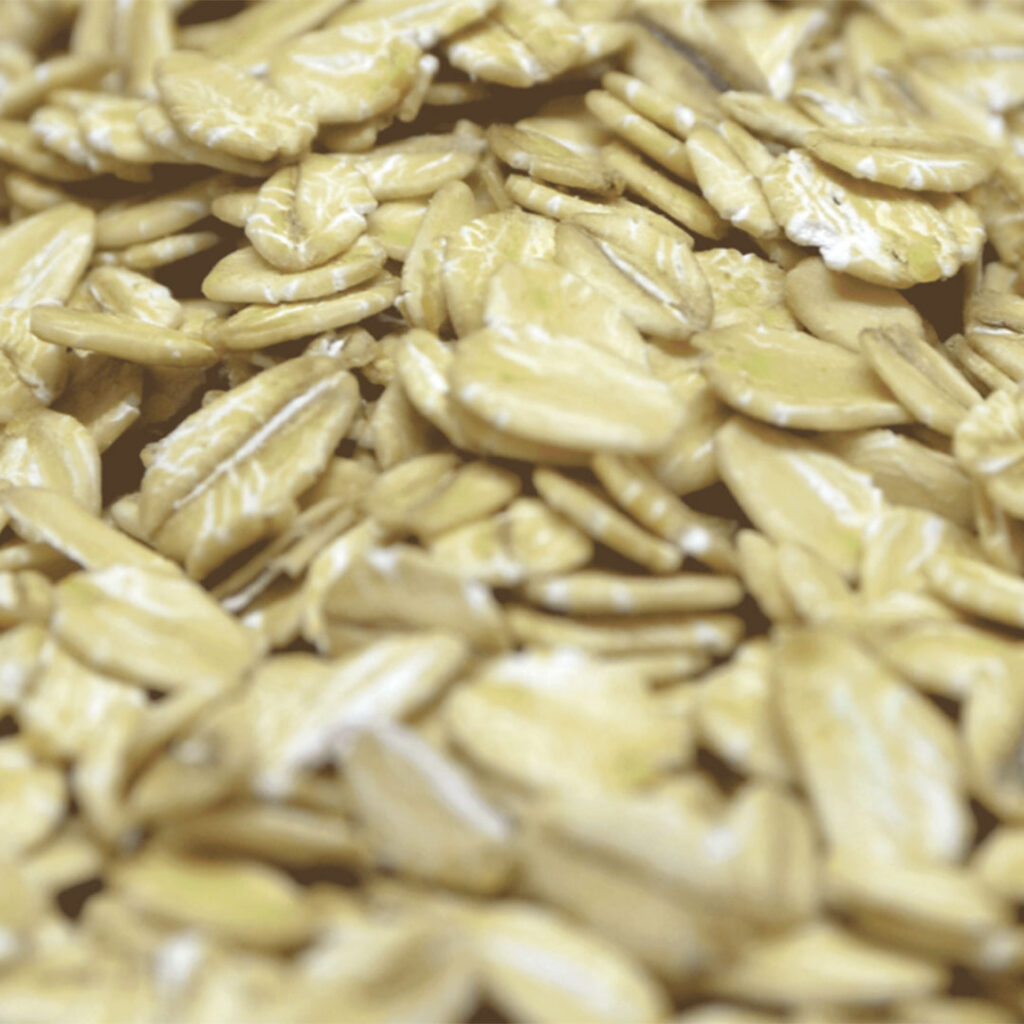Some flakes intensify flavour or add a distinctive aroma. Others boost colour or increase the volume of fermentable sugars. In short, cereal grains bring a lot to the table. Among them, flaked grains stand out for their versatility. Unlike malted grains, they skip the malting process entirely. This means they retain their natural starches and don’t convert them into sugar on their own.
Instead, flaked grains rely on enzymes from the rest of the malt bill. That’s why they’re always used in combination with malted grains. Despite their simplicity, they can make a big difference. Flaked grains allow brewers to adjust body, enhance texture, or lighten flavour. They also add mouthfeel, increase head retention, or fine-tune fermentability. Each type brings its own subtle character. From silky smoothness to rustic graininess – flaked cereals are small additions that have a noticeable impact. In other words, they’re an excellent way to fine-tune your beer.




